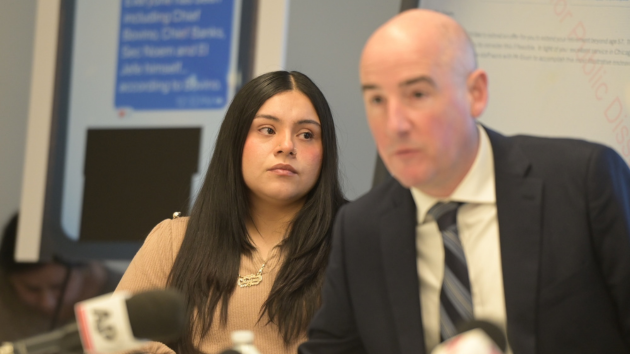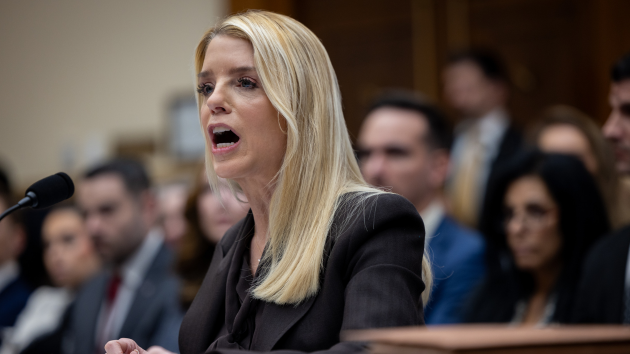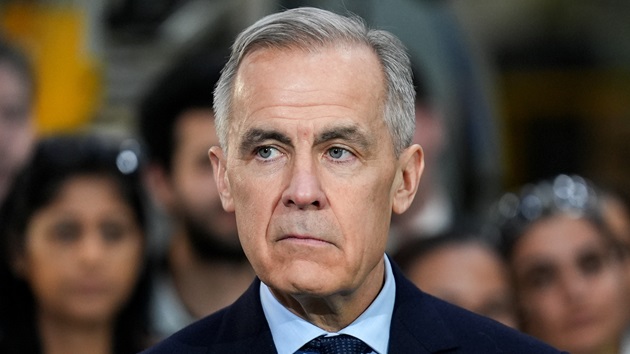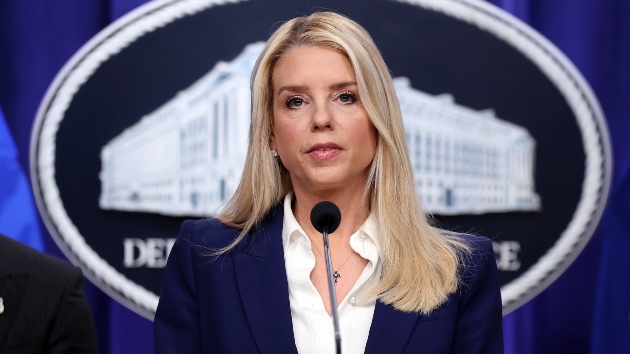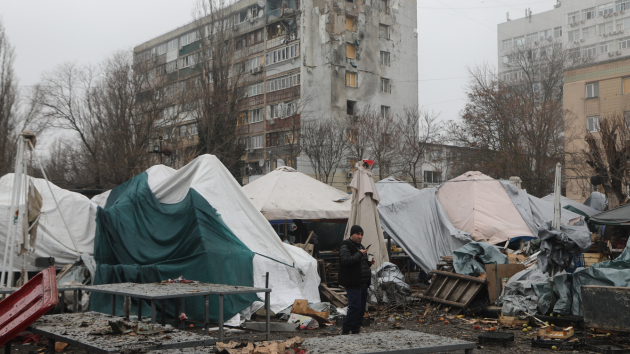
(LONDON) — Ukrainian President Volodymyr Zelenskyy said on Wednesday that Russia is yet to respond to a U.S.-backed energy truce, as the two combatants continue to exchange long-range drone and missile strikes amid American-led peace talks.
Recent trilateral U.S.-Ukraine-Russia talks in the United Arab Emirates were described by all sides as constructive, though appear to have failed to find a breakthrough on several contentious points or secure a new truce covering critical energy infrastructure.
After the most recent round of talks last week, Zelenskyy said that U.S. officials proposed a temporary pause in attacks on energy targets, which would have mirrored the brief pause on such attacks that occurred at the end of January.
Zelenskyy said on Thursday that Kyiv is yet to receive a response from Moscow on the purported offer. “On the contrary, we’ve received a response in the form of drone and missile attacks. This suggests that they are not yet ready for the energy ceasefire proposed in Abu Dhabi by the American side,” he said.
Ukraine’s air force said Russia launched 25 missiles and 219 drones into the country overnight, of which 16 missiles and 197 drones were shot down or suppressed.
The impacts of nine missiles and 19 drones were reported across 13 locations, the air force said. “The main targets are Kyiv, Kharkiv, Dnipro and Odesa,” the air force wrote on Telegram.
Four people, including two children, were also injured in strikes on the central city of Dnipro, Ukraine’s Interior Ministry said. An earlier strike on the Synelnykove city just outside of Dnipro killed four people and injured three others, the regional administration said in posts to Telegram.
The Interior Ministry said that at least 13 people were injured in a series of drone strikes in the city of Barvinkove in the northeastern Kharkiv region.
The regional military administration in Odesa said one person was also injured there by Russian strikes.
The Interior Ministry reported damage to several areas of the capital. At least two people were injured by the attacks on Kyiv, according to the head of the city’s military administration, Tymur Tkachenko.
Kyiv Mayor Vitali Klitschko said that almost 2,600 residential buildings were left without heating due to “damage to critical infrastructure targeted by the enemy.”
In total, approximately more than 1 million people without heating in the Ukrainian capital, according to Klitschko and Deputy Prime Minister Oleksiy Kuleba.
DTEK — Ukraine’s top private energy firm — reported major damage to its energy infrastructure in Odesa, plus an attack on a thermal power plant.
Ukrenergo, the state energy transmission operator, reported power outages in Kyiv, Odesa and Dnipropetrovsk.
Ukrainian Foreign Minister Andrii Sybiha described the attacks as “Russian terror” in a post to X. “Each such strike is a blow to peace efforts aimed at ending the war. Russia must be forced to take diplomacy seriously and deescalate,” he said.
Zelenskyy said in a post to Telegram, “There needs to be more protection against these attacks.”
“The most effective defense against Russian ballistic missiles is the ‘Patriot’ system, and the supply of missiles for these systems is needed every day,” he added, referring to the U.S.-made surface-to-air missile platform.
“Everything currently available in the air defense program should arrive faster,” he said.
Ukraine continued its own drone strike campaign overnight. The Russian Defense Ministry said its forces shot down 106 Ukrainian drones overnight into Thursday morning.
Belgorod Gov. Vyacheslav Gladkov reported that two people were killed in drone attacks. At least 15 other people were injured across the region by Ukrainian attacks, the governor said. Gladkov also said Ukrainian forces fired several missiles into the region.
Local officials in the Volgograd, Tambov and Voronezh reported damage to industrial sites and falling drone debris in or close to residential areas.
Russia’s federal air transport agency, Rosaviatsiya, reported temporary flight restrictions for airports in Kaluga, Volgograd, Saratov, Yaroslavl, Kotlas, Ukhta, Perm and Kirov.
Ukraine’s General Staff said in a statement posted to social media that among the targets of the strikes were the main arsenal of Russia’s missile and artillery forces in the Volgograd region. “This arsenal is one of the largest ammunition storage sites of the Russian army,” the General Staff said.
The ongoing peace talks have seen no easing of long-range strikes by either side, as the fourth anniversary of Moscow’s February 2022 full-scale invasion approaches.
As yet, no next round of talks have been scheduled. Zelenskyy said the U.S. had proposed a new trilateral meeting to be held in Miami, but that, “So far, as I understand it, Russia is hesitating.”
“We are ready. It doesn’t matter to us whether the meeting will be in Miami or Abu Dhabi. The main thing is that there should be a result,” the Ukrainian president said.
Kremlin spokesperson Dmitry Peskov told journalists on Thursday that Moscow had “a certain understanding” regarding the next round of talks. “We expect the next round to take place soon. We’ll also give you directions on the location,” he added, as quoted by the state-run Tass news agency.
Russian Foreign Ministry officials have this week been critical of the ongoing peace push.
Foreign Minister Sergey Lavrov this week suggested that the U.S. side had drifted from the understandings reached between Moscow and Washington at the August meeting between Presidents Donald Trump and Vladimir Putin in Alaska.
Lavrov also said Trump’s administration had failed to roll back former President Joe Biden-era sanctions against Moscow.
Lavrov and Foreign Ministry spokesperson Maria Zakharova framed the lack of progress as the fault of Kyiv and its European backers.
“At the current stage, it is the European Union that is preventing the Kyiv regime from making any compromises in exchange for promises to provide everything necessary to continue military operations,” Zakharova said in a briefing on Thursday, as quoted by Tass.
Copyright © 2026, ABC Audio. All rights reserved.

